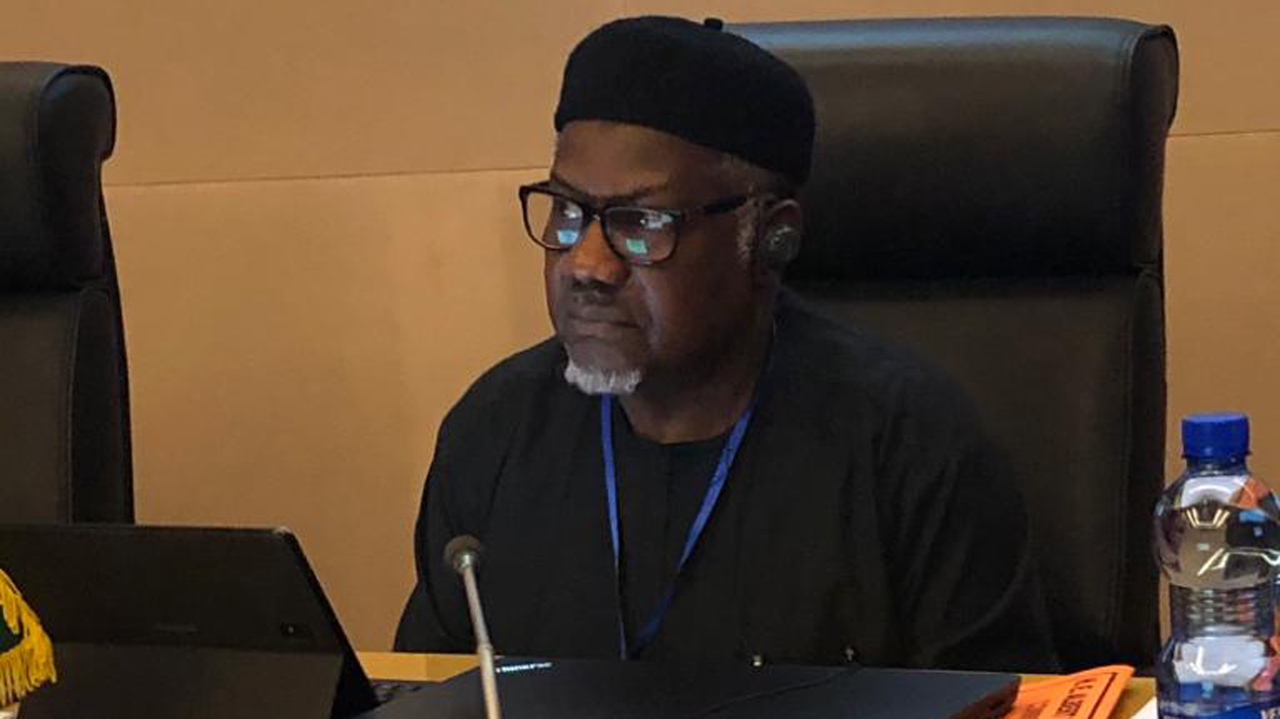
According to the latest Manufacturers CEO’s Confidence Index (MCCI), for the third quarter (Q3) of 2019, released by the Manufacturers Association of Nigeria (MAN), the index stood at 51.7 per cent, representing a marginal increase of 0.8 index point over 50.9 index points recorded in Q2.
Although, the index indicated some level of improvement in the nation’s ports operations following some ongoing government reforms, the CEOs said poor access, heavy traffic, and undue congestion at the ports still prevailed.
Additionally, local sourcing of raw materials gained traction due to the backward integration policy and import substitution strategies of the government.
The manufacturers noted that the formulation of laudable policies has never been an issue for Nigeria, but evidence has shown that poor policy implementation has been the challenge in the country.
They, therefore, suggested the need to properly review the implementation processes of the Executive Order 003, to ensure that Government patronage of goods manufactured in Nigeria improved to boost the performance of indigenous manufacturers for increased contribution to national output and increased employment opportunities.
The CEOs also recommended the need for urgent resolution of the Nigeria-Benin border dispute so as to resuscitate Nigeria’s export trade within the ECOWAS region, as well as the deliberate channeling of economic infrastructure to strategic economic hubs across the country. There is also the resolution of issues of re-classification of manufacturers as strategic users of gas; dredging of other seaports across the country to accommodate big vessels and expansion of the roads leading to Lagos ports.
The CEOs also urged the government to sustain implementation of the backward integration policy by properly funding relevant institutions, initiating policies that would prioritise the development of local raw materials in commercial quantities.
“The slight increase is a welcome development, as it depicts uptick in the performance of the manufacturing sector, and shows that manufacturers’ confidence in the economy improved in the third quarter.
“Nevertheless, the slight improvement in performance was attributed to the doggedness of manufacturers, as the operating environment remains very challenging,” the report reads in part.
It also states that the indexes of the current business conditions dropped to 41.5 per cent from 43 per cent recorded in Q2.
In addition, current employment conditions, which stood at 35 per cent in Q2 also improved to 42.3 per cent in Q3, while production expectations for the three month period increased marginally from 64 per cent to 66.4 per cent.
The CEOs, in the report, however, urged the government to make conscious efforts to address the challenges currently rocking the manufacturing sector.
They identified and ranked poor electricity and gas supplies first; then multiple taxes and frivolous demands by government agencies, second; high-interest rates and difficulty accessing loans, poor accessibility to ports, and high demurrages ranked third; and poor economic infrastructure fourth.
Difficulty in sourcing forex, low patronage, counterfeiting and inflation, high cost of spare parts, high government bureaucracy, lack of skilled labour, insecurity, high cost of production, poor environmental management systems ranked fifth to twelfth respectively.
The MCCI was created to gauge the pulse of the economy on a quarterly basis.
The data presented in the report was generated from the responses of over 200 CEOs of MAN member-companies across the country focusing on their positions on macroeconomic and business operating environments as well as the perception of the earlier mentioned diffusion factors.
The MCCI report considered manufacturers’ perception of a set of diffusion factors including current business conditions and that of the next three months.
Additionally, the current employment condition, rate of employment, employment condition for the next three months and production level for the next three months were also measured.
It also considered the general macroeconomic condition inclusive of foreign exchange, business operating environment, lending rate, credit to the manufacturing sector, and capital expenditure of the government in the analysis.






